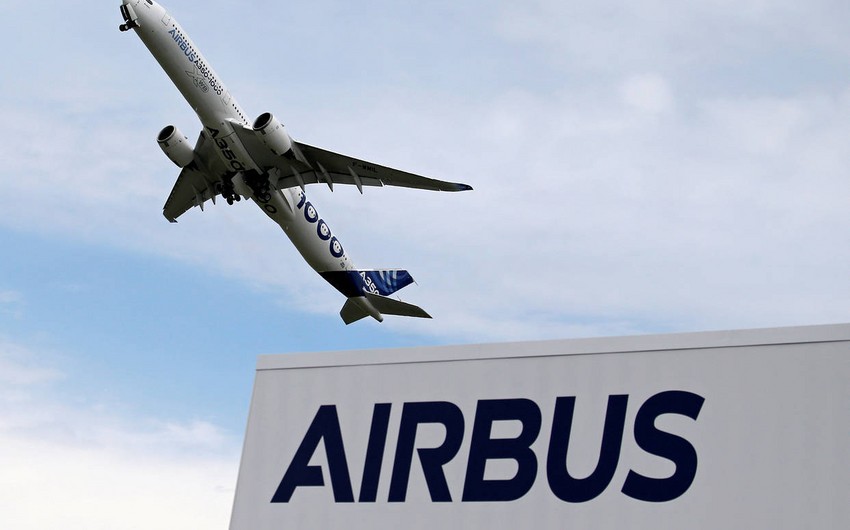Most airliners will rely on traditional jet engines until at least 2050, with the introduction of zero-emissions hydrogen limited to regional and short-range planes, Airbus told European Union officials in a briefing released on June 10, Report informs referring to Reuters.
The planemaker has emerged as the industry’s leading champion for hydrogen propulsion, saying it plans to develop the world’s first zero-emission commercial aircraft by 2035.
It has not publicly said whether the technology will be ready in time for the European industry’s next major milestone - a replacement for the medium-haul A320 in the 2030s - but February’s briefing to EU officials appeared to rule this out.
“Zero-emission hydrogen aircraft will be primarily focused on regional and shorter-range aircraft from 2035. This means that current and future iterations of highly efficient gas turbines will still be required as we move towards 2050, especially for long-haul operations,” the presentation said.
“It is not yet decided what market segment the first zero-emission aircraft will target,” an Airbus spokesperson said on June 10, declining further comment on the February meeting.
Although research remains at an early stage, possible paths to replacing the A320 are already a primary focus of debate as rival Boeing (BA.N) ponders how to shore up the competing 737 MAX and engine makers focus on evolving gas turbines.
Boeing (BA.N) Chief Executive Dave Calhoun last week ruled out using hydrogen on a significant scale before 2050.
In June last year, France announced an increase in funding for the CORAC aviation research body, including 1.5 billion euros over three years for technology such as hydrogen, rescuing 500 out of 15,000 jobs threatened by an Airbus restructuring.
The finance ministry listed five key targets for the investment, including a successor to the workhorse A320, which it said would use hydrogen instead of today’s gas turbines and enter service between 2033 and 2035.
In September last year, Airbus presented three concepts for a hydrogen plane to enter service in 2035, including a turboprop, a traditional-looking twin-engined plane powered by hybrid-hydrogen engines, and a more radical blended-wing body aircraft.


 https://static.report.az/photo/a2442863-0530-4959-8d82-2c8409f9f444.jpg
https://static.report.az/photo/a2442863-0530-4959-8d82-2c8409f9f444.jpg

